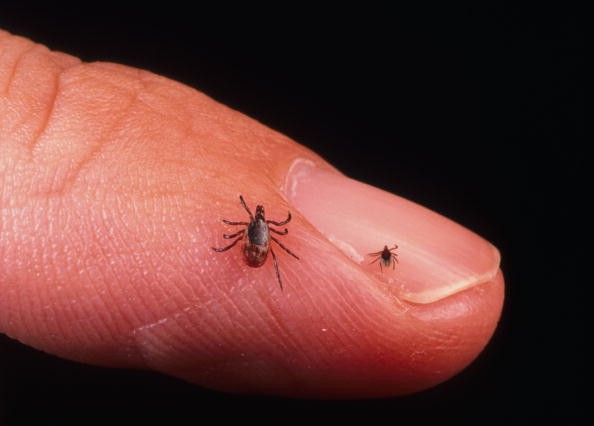
In the last two decades, this winter notwithstanding, weather in the northeastern part of the United States has been warmer overall. This change in temperature is causing disease-carrying ticks to show up earlier in the year and is expanding their territory. This could increase the risk for contracting Lyme disease, one of the tick-borne diseases that are common in the area.
Researchers analyzed data on black-legged tick populations gathered from thousands of mice and chipmunks trapped in the Hudson Valley of New York between 1994 and 2012. Tick season begins nearly three weeks earlier in warmer years, starting in late May, according to Richard Ostfeld, a senior scientist at the Cary Institute of Ecosystem Studies in Millbrook, NY. People will have to start preparing for tick season earlier in coming years, according to a new study by Ostfeld and his colleague Jesse L. Brunner.
If this trend continues, tick season may start even earlier, in early May. "The risk is changing with climate change. We need to prepare ourselves for tick avoidance education earlier in the season," Ostfeld told Healthday.com.
Warmer temperatures could mean that black-legged ticks could spread to higher altitudes and further north, becoming residents of areas that are currently too cold for them.
Ticks in the Northeastern Unites States carry several diseases in addition to Lyme disease, including encephalitis, babesiosis, and ehrlichiosis. Lyme disease is a major problem in the Northeast and Midwest, with about 35,000 cases in the United States in 2013. Ninety-five percent of these cases were in 14 states in the mid-Atlantic to New England, plus Minnesota.
The study is in an issue of the journal Philosophical Transactions of the Royal Society B that is devoted to climate change and diseases in people that are carried by vectors such as insects. The study can be read online at http://rstb.royalsocietypublishing.org/content/370/1665/20140051.

